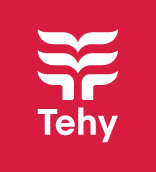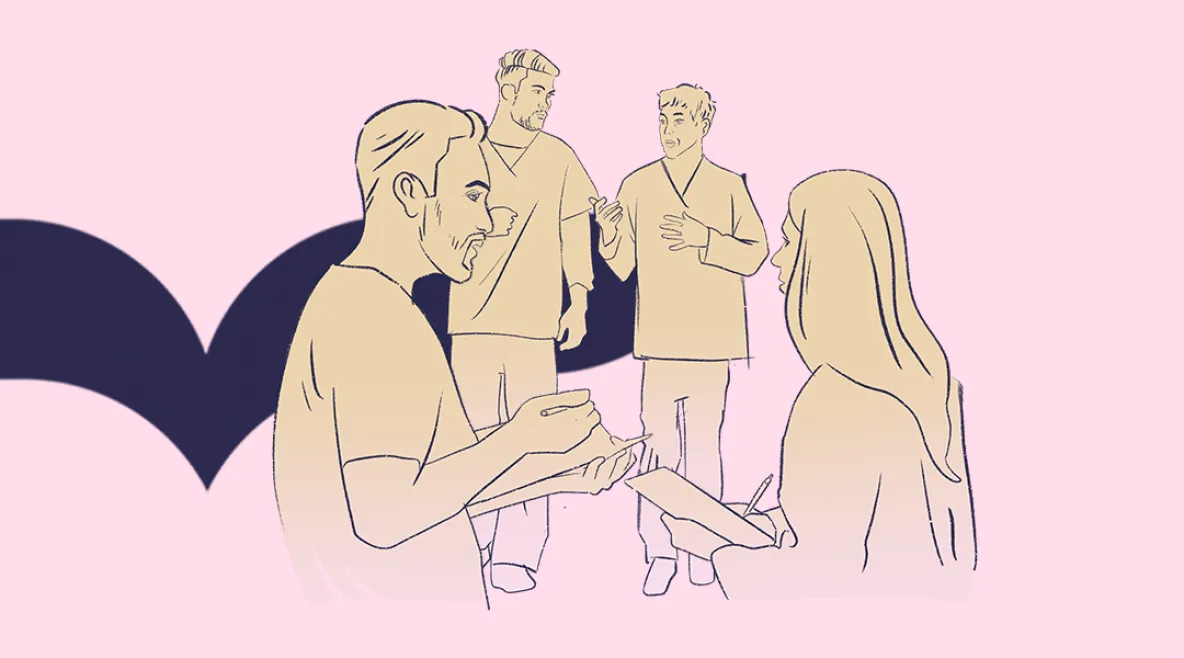Tehy's earlier and already completed projects have been in Kosovo, Brazil, Thailand, Colombia and regional project in West-Africa.
Tehy works globally with the Trade Union Solidarity Centre of Finland (SASK) and Public Services International (PSI) with the financial support of the Ministry for Foreign Affairs of Finland.
Organizing Precarious Workforce in the Philippines’s Health Sector
Project period 2015 – 2021
The aim of the project is to strengthen the organizing work of the unions and thus further strengthening their collective effort to influence government and the legislature. The central targets have been achieved when the expanded maternity leave (EML) and Universal Health Care (UHC) laws were approved. The Law on Expanded Maternity Leave improves the current maternity leave from 60 days to 120 days. As nearly 10 million Filipinos are not covered by health insurance, the UHC aims to provide health care for all Filipinos. Under the law, all Filipinos will be covered by the Philippine Health Insurance Corp (PhilHealth).
The partners are Alliance of Filipino Workers (AFW), Confederation of Independent Unions in the Public Sector (CIU), Philippines Government Employees Association (PGEA), Public Services Labor independent Confederation (PSLINK) and Philippine Independent Public Sector Employees Association (PIPSEA). There has been also co-operation with the Philippine Nurses Association (PNA).
The project is a Tehy project via SASK and PSI with the funding from Ministry for Foreign Affairs of Finland.
Formalizing Informal Work in the Health Sector in Nepal
Project period 2018-2021
There are more than 52 000 female community health workers in Nepal. FCHWs are exclusively women from economically weaker backgrounds and while officially classed as "volunteers" perform vital public health services. Their unionisation rate is low. FCHWs are not considered regular government employees but volunteers from the community only entitled to limited allowances in lieu of a regular salary. They aspire to be recognised as permanent workers of the public health system.
The project seeks to address the fundamental form of gendered exploitation by building joint actions and campaigns amongs existing unions of community-based health workers in Nepal to bring about structural changes in their employment and working conditions. The project aims to increase understanding about the trade unions and rights amongst FCHWs.
Nepalese partners in this project are Health Volunteers Organisation of Nepal (HEVON) and Nepal Health Volunteers Association (NEVA).
The project is a Tehy and JHL project via SASK and PSI with the funding from Ministry for Foreign Affairs of Finland.
Public Sector Trade Unions against Gender Based Violence in Africa
Project period 2020-2021
In June 2019 the International Labour Conference of ILO took a historic decision to adopt a new Convention 190 on "Ending Violence and Harassment in the World of Work". ILO Convention 190 is yet to be ratified by countries before it can be properly used as an instrument to address gender-based violence.
Large numbers of women in Africa are active in the economy. This does not mean that women have quality, well paid and secure jobs. Rather majority of the jobs that women in the region hold are low-paid, precarious, informal and unorganized. In the public sector, gender-based violence is prevalent. Women health workers are at risk of bias, discrimination and sexual harassment in the work. In the health care sector gender-based violence has impact on the quality of care as well as numbers of health care workers in a sector which already struggles with gross under staffing.
Senegal, Uganda and South Africa have high rates of gender-based violence. The project lobbies and campaigns for the ratification of ILO C190. The ratification of C190 means the governments will have to amend legislation in line with C190. For C190 to be effective, changes must be placed at the workplace and collective bargaining is one mechanism in which unions are able to negotiate for positive changes. The project intends to push unions to make demands to protect workers from gender-based violence and harassment at the workplace.
The project is a Tehy and JHL project via SASK and PSI with the funding from Ministry for Foreign Affairs of Finland.
Formalizing Informal Community Health Work in Sub-Sahara Africa
Project Period 2020-2021
In many develping countries, especially in Sub-Sahara Africa there is a critical shortage of highly educated health professionals. Community-based health workers (CHWs) are seen as necessary complements to an underfunded and neglected public health system. Community health workers are not considered employees of the public health care system and therefore are not entitled to wages and labor rights. They are often faced with long working hours, no clear job description, uncertainty of tenure, lack of safety and are not covered by any health insurance. These informal workers face a growing workload without proper set of skills or education which are needed for the delivery of quality health services.
This project aims to improve the working conditions of HCWs, find a way to organize them, campaign for the formalization of CHWs and to elaborate a social dialogue through which thay can negotiate their working conditions.
The countries involved are South-Africa, Sambia and Malawi.
The project is a Tehy and JHL project via SASK and PSI with the funding from the Ministry for Foreign Affairs of Finland.

